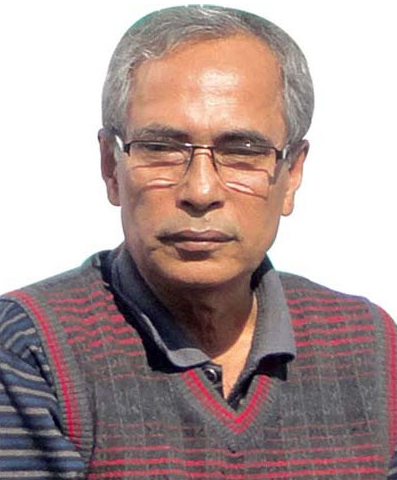How do our neighbours use the RTI law?
Sunday, April 16, 2025
Shamsul Bari and Ruhi Naz
VISUAL: STAR
Since the interim government took office following the July-August uprising in 2024, this column has mainly aimed to draw the attention of our youth to the enormous potential of the Right to Information Act (RTI), 2009 as an instrument to realise their dream of just and equitable governance. However, with the departure of the three information commissioners, the Information Commission of Bangladesh (ICB) virtually became a defunct body. While we await the revival of the commission, we can learn how our neighbours in the region benefit from the law.
A perennial concern of RTI users worldwide is the definition of “public authority.” Public institutions like to avoid being included in this definition so they can refuse to respond to RTI requests. Even the Indian Supreme Court once argued that it fell outside the Indian Right to Information Act, 2005, but had to change its stance due to relentless RTI activism. Our Supreme Court, too, appears to consider itself to be outside the scope of the law as it has not named a designated officer as mandated by our RTI Act 16 years after its adoption.
Last month, the Court of Appeal of Sri Lanka ruled that the Institute of Chartered Accountants of Sri Lanka (ICASL) fell within the country’s Right to Information Act, 2016. This meant that professional bodies performing public functions must respect citizens’ right to access information.

